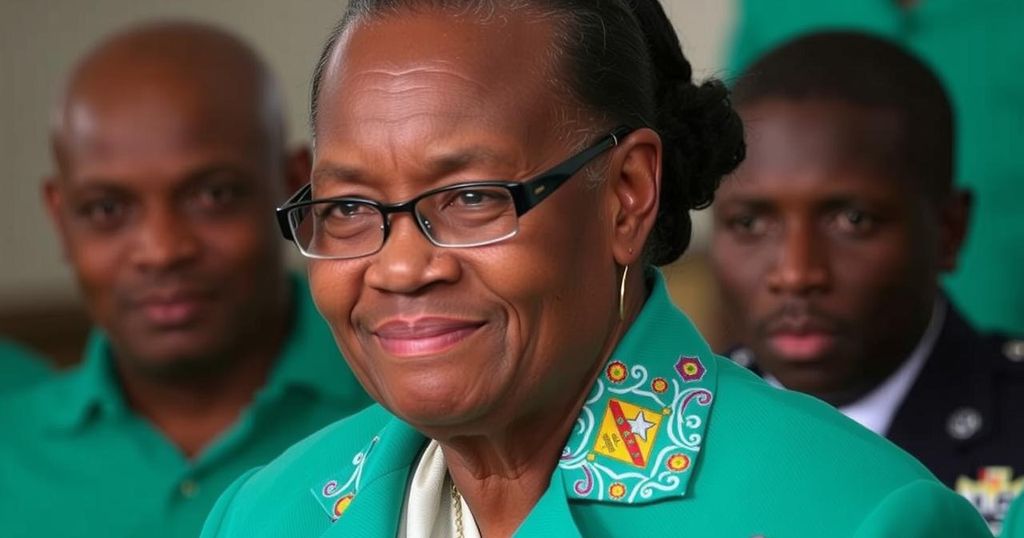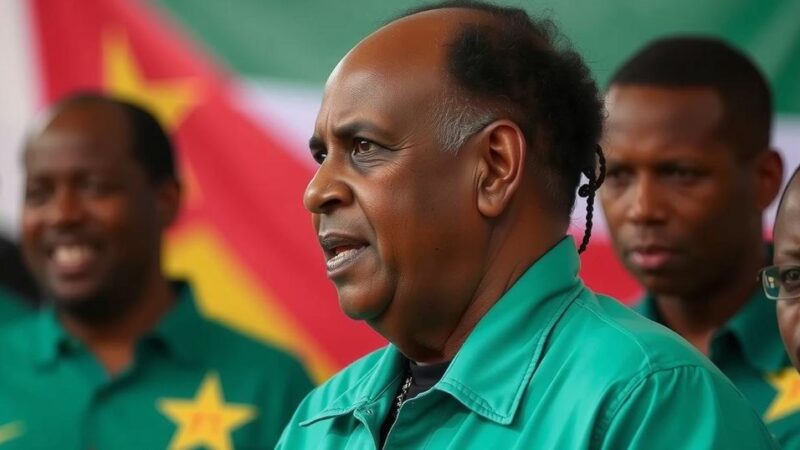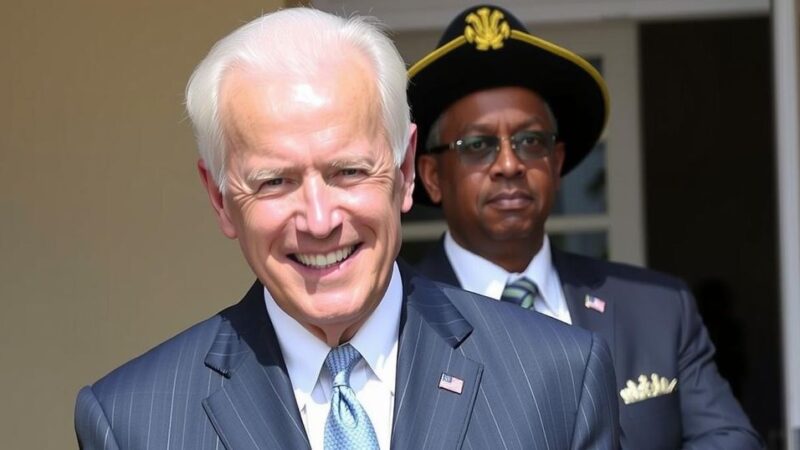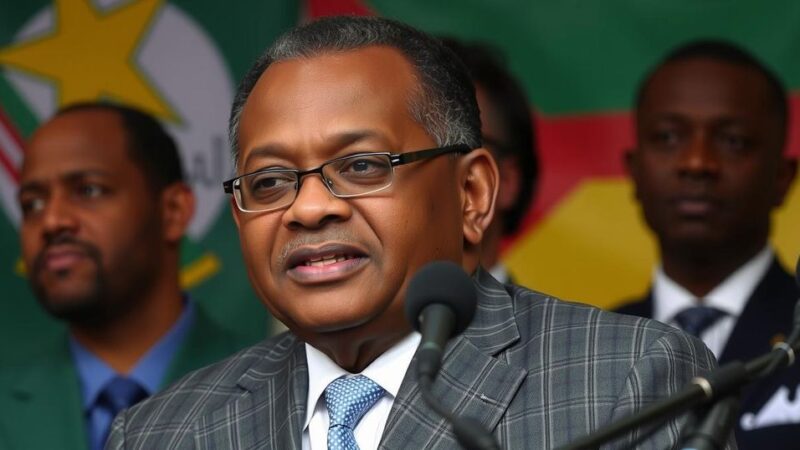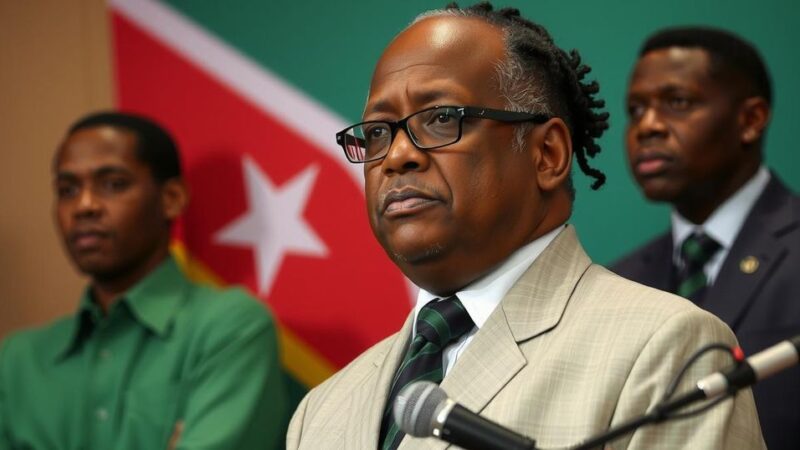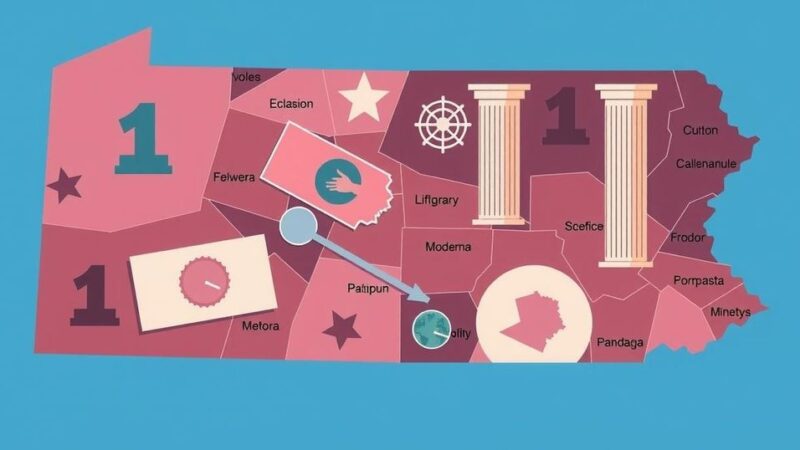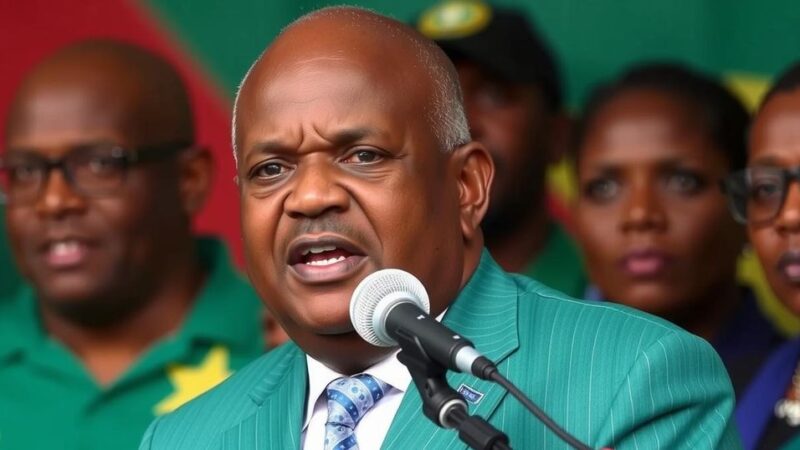Mozambique faces escalating tensions as the Constitutional Council prepares to rule on disputed election results where Frelimo is declared a winner amid claims of fraud by opposition leader Venancio Mondlane. The atmosphere is charged with unrest, leading to over 130 fatalities, prompting fears of intensified protests and potential chaos following the ruling. There is significant pressure for dialogue and resolution amid calls for political change.
Tensions continue to escalate in Mozambique as the Constitutional Council prepares to deliver a ruling on the contentious election held on October 9. The ruling party, Frelimo, claims victory, although opposition leader Venancio Mondlane asserts that the election was marred by significant fraud. His threats of chaos and unprecedented protests have set the backdrop for widespread unrest, which has already led to the tragic loss of over 130 lives. As citizens brace for the ruling announcement, fear and anticipation are palpable in Maputo, the capital, where many businesses remain closed in the face of potential unrest.
The political atmosphere in Mozambique is fraught with uncertainty as the constitutional ruling looms. Previous elections have not been without controversy, and the current situation has been exacerbated by violence and a lethal crackdown on dissenting voices. Mondlane has publicly declared his intent to claim victory regardless of the Constitutional Council’s decision, stating that his separate count suggests he has more support than reported. Additionally, public protests and police confrontations have severely disrupted daily life and economic activity, especially near major urban centers and border crossings.
Historically, Mozambique has faced political challenges since regaining independence from Portugal in 1975, with Frelimo maintaining a firm grip on power. Yet, the rise of Mondlane symbolizes shifting sentiments among a younger generation disillusioned by persistent poverty and government corruption. The current unrest reflects a broader discontent within the nation, mirrored by similar movements across the Southern African region. The atmosphere is charged with the potential for civil unrest, reminiscent of the Arab Spring, as citizens demand accountability from their leaders.
“Difficult days will come… The Constitutional Council’s ruling will lead Mozambique either to peace or chaos.” – Venancio Mondlane.
“The whole game changes on Monday.” – Johann Smith.
Given the gravity of the situation, the United States has issued travel warnings, while voices of international figures, including Pope Francis, have called for peaceful dialogue and a reduction of violence. President Nyusi’s administration faces immense pressure to address the dissatisfaction within the populace. As the ruling approaches, the nation stands on a precipice, the outcome of which could either reinforce Frelimo’s longstanding dominance or prompt significant political upheaval.
In conclusion, Mozambique is at a critical juncture, with the impending decision by the Constitutional Council likely to determine the country’s immediate future. The potential for increased violence looms as both Mondlane and the ruling party prepare for respective postures. As the situation unfolds, there exists an urgent need for dialogue and a commitment to peaceful resolutions to prevent further loss of life and societal disruption. The eyes of the international community remain fixed on Mozambique, watching how this pivotal moment will influence both the political landscape and the broader stability of the region.
Mozambique has experienced significant political tensions since its independence in 1975, primarily due to the longstanding influence of the Frelimo party, which has held power since that time. The recent elections have exposed deep societal divides and widespread allegations of electoral fraud, particularly among the younger voting population disillusioned by economic hardships. The opposition leader, Venancio Mondlane, has emerged as a pivotal figure representing calls for change, mobilizing support against perceived government malpractice in the electoral process. Mozambique’s trajectory is further complicated by external pressures, including international reaction to its internal strife, highlighting the urgent need for stability in Southern Africa.
The situation in Mozambique encapsulates a struggle for power and civil rights, emphasizing the clash between the ruling party and emerging opposition. As protests intensify and political tensions escalate, the nation’s future hinges on the upcoming ruling by the Constitutional Council. The potential for either reconciliation or chaos underscores the delicate nature of democracy in regions where historical injustices and governance challenges persist. The resolution of this conflict may serve as a critical barometer for political stability in Mozambique and the broader Southern African region.
Original Source: www.france24.com

